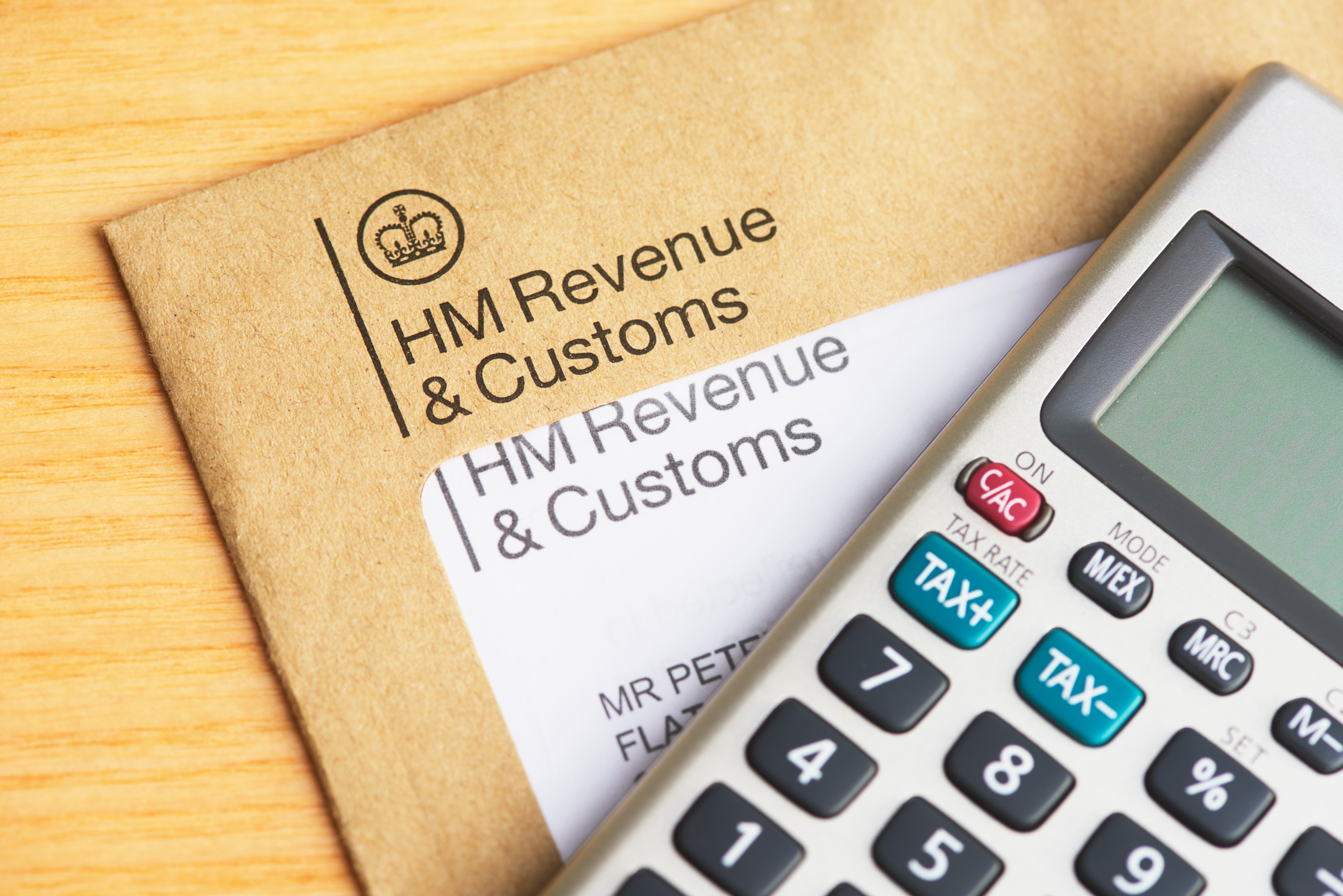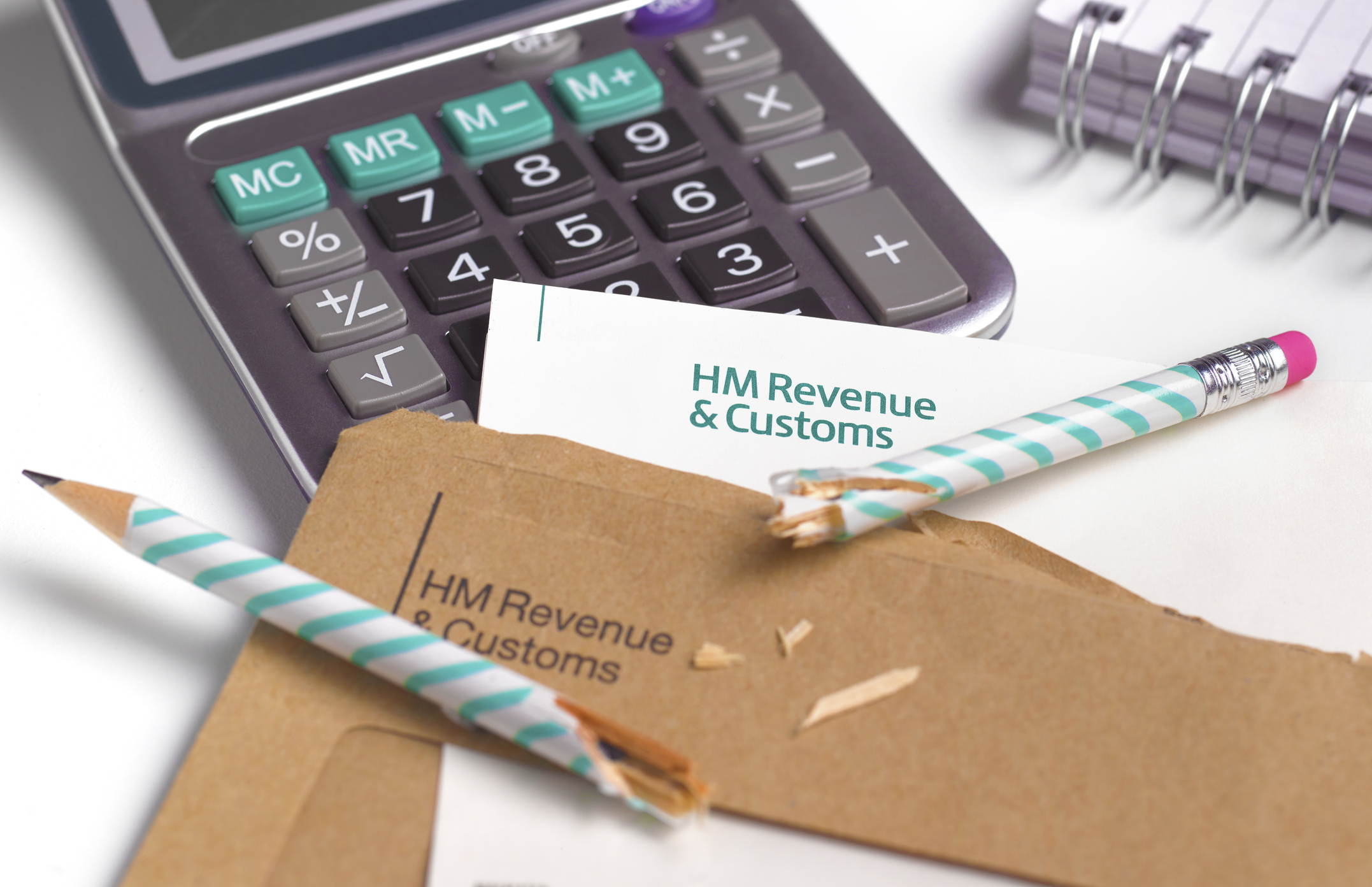Inheritance tax receipts rise by £500m as Chancellor mulls cuts
More estates are paying inheritance tax but there are ways to reduce the bill without waiting for reforms


Get the latest financial news, insights and expert analysis from our award-winning MoneyWeek team, to help you understand what really matters when it comes to your finances.
You are now subscribed
Your newsletter sign-up was successful
Want to add more newsletters?

Twice daily
MoneyWeek
Get the latest financial news, insights and expert analysis from our award-winning MoneyWeek team, to help you understand what really matters when it comes to your finances.

Four times a week
Look After My Bills
Sign up to our free money-saving newsletter, filled with the latest news and expert advice to help you find the best tips and deals for managing your bills. Start saving today!
Inheritance tax receipts (IHT) hit £4.6billion between April and October as frozen thresholds pushed more estates into paying the controversial charge.
Chancellor Jeremy Hunt is rumoured to be considering an IHT cut in the Autumn Statement this week but the latest HM Revenue and Customs figures show a £500m or 12% annual rise in receipts for the Treasury.
IHT allowances have been frozen at £325,000 until at least 2028, meaning more taxpayers will be pulled into paying IHT as wages and inflation increase, a process also known as fiscal drag.
MoneyWeek
Subscribe to MoneyWeek today and get your first six magazine issues absolutely FREE

Sign up to Money Morning
Don't miss the latest investment and personal finances news, market analysis, plus money-saving tips with our free twice-daily newsletter
Don't miss the latest investment and personal finances news, market analysis, plus money-saving tips with our free twice-daily newsletter
Rising house prices are also pushing more estates into paying IHT.
“The Treasury will welcome the news that IHT receipts have shown yet another year-on-year increase,” says Laura Hayward, tax partner at Evelyn Partners.
“All eyes are now on whether IHT will get a mention in the chancellor’s Autumn Statement tomorrow.
“While abolishing IHT completely would be a popular move with many, it seems more likely that the government will reserve this as an idea for a Conservative election manifesto pledge.”
The increasing revenue from inheritance tax has caused a conundrum for the government, says Rosie Hooper, chartered financial planner at Quilter, given how emotive the tax can be and its power to split voters.
“Though a steadily increasing number of families are paying inheritance tax since the chancellor extended the IHT threshold freeze until April 2028, it still impacts relatively few people and reports that he was considering a cut to the headline rate came under heavy fire as a result.”
HMRC data shows only 3.73% of estates actually paid IHT in the 2021/2022 tax year but receipts are at their highest levels and experts are predicting another record year.
You don’t have to wait for reforms to reduce your IHT bill though.
How to cut your IHT bill
Hooper says some call IHT a “voluntary tax” due to the number of exemptions available.
Assets can be passed to a spouse tax-free.
If you are leaving assets to other people, up to £175,000 of the family home can be be passed on tax-free to a direct descendant such as a child or grand-child using the main residence nil-rate band.
This is doubled to £350,000 when combined with the allowance of a surviving spouse or civil partner.
On top of this, the surviving spouse would still have the £325,000 standard nil-rate band is available, meaning it is possible to pass on £1 million IHT-free as a couple.
You can also make gifts each tax year of up to £3,000, so as a couple this could be a combined £6,000.
It is also possible to make gifts of unlimited value using potentially exempt transfers, which will be IHT-free after seven years if you haven’t passed away.
Other options include investing in companies that qualify for Business Relief, which is IHT-free after two years or you can put assets into a trust that is free of IHT.
“Seeking professional financial advice can help people manage their tax affairs and make the most of their money, particularly if changes come into play during tomorrow’s Autumn Statement that may complicate current plans,” adds Hooper.
“The rules and restrictions surrounding certain aspects of tax planning can be difficult to navigate, particularly where inheritance tax is concerned, so speaking to a financial planner is key to ensuring you plan effectively and mitigate unnecessary costs.”
Get the latest financial news, insights and expert analysis from our award-winning MoneyWeek team, to help you understand what really matters when it comes to your finances.

Marc Shoffman is an award-winning freelance journalist specialising in business, personal finance and property. His work has appeared in print and online publications ranging from FT Business to The Times, Mail on Sunday and the i newspaper. He also co-presents the In For A Penny financial planning podcast.
-
 Should you buy an active ETF?
Should you buy an active ETF?ETFs are often mischaracterised as passive products, but they can be a convenient way to add active management to your portfolio
-
 Power up your pension before 5 April – easy ways to save before the tax year end
Power up your pension before 5 April – easy ways to save before the tax year endWith the end of the tax year looming, pension savers currently have a window to review and maximise what’s going into their retirement funds – we look at how
-
 Two million taxpayers to be hit by £100k tax trap by 2026/27
Two million taxpayers to be hit by £100k tax trap by 2026/27Frozen thresholds mean more people than ever are set to pay an effective income tax rate of 60% as their earnings increase beyond £100,000. We look at why, as well as how you can avoid being caught in the trap.
-
 13 tax changes in 2026 – which taxes are going up?
13 tax changes in 2026 – which taxes are going up?As 2026 gets underway, we look at what lies ahead in terms of changes to tax rates and allowances this year and how it will affect you.
-
 How to limit how much of your Christmas bonus goes to the taxman
How to limit how much of your Christmas bonus goes to the taxmanIt's Christmas bonus season but the boosted pay packet may mean much of your hard-earned reward ends up with HMRC instead of in your pocket
-
 Over 1 million pay 45% rate of income tax as fiscal drag bites
Over 1 million pay 45% rate of income tax as fiscal drag bitesHundreds of thousands more people are being pushed into the additional rate tax band by fiscal drag
-
 'I've used my annual ISA allowance. How can I shield my savings from tax?'
'I've used my annual ISA allowance. How can I shield my savings from tax?'As millions face paying tax on savings interest, we explore how to protect your money from the taxman. If you've used up your ISA allowance, we look at the other tax-efficient options.
-
 Simple assessment explained as millions brace for unexpected tax bills
Simple assessment explained as millions brace for unexpected tax billsIncreasing numbers of people could get letters from HMRC saying they owe more tax due to frozen thresholds, under a system known as simple assessment. Here is what it means for you.
-
 What are wealth taxes and would they work in Britain?
What are wealth taxes and would they work in Britain?The Treasury is short of cash and mulling over how it can get its hands on more money to plug the gap. Could wealth taxes do the trick?
-
 When is the self-assessment tax return deadline?
When is the self-assessment tax return deadline?If you are self-employed, rent out a property or earn income from savings or investments, you may need to complete a self-assessment tax return. We run through the deadlines you need to know about